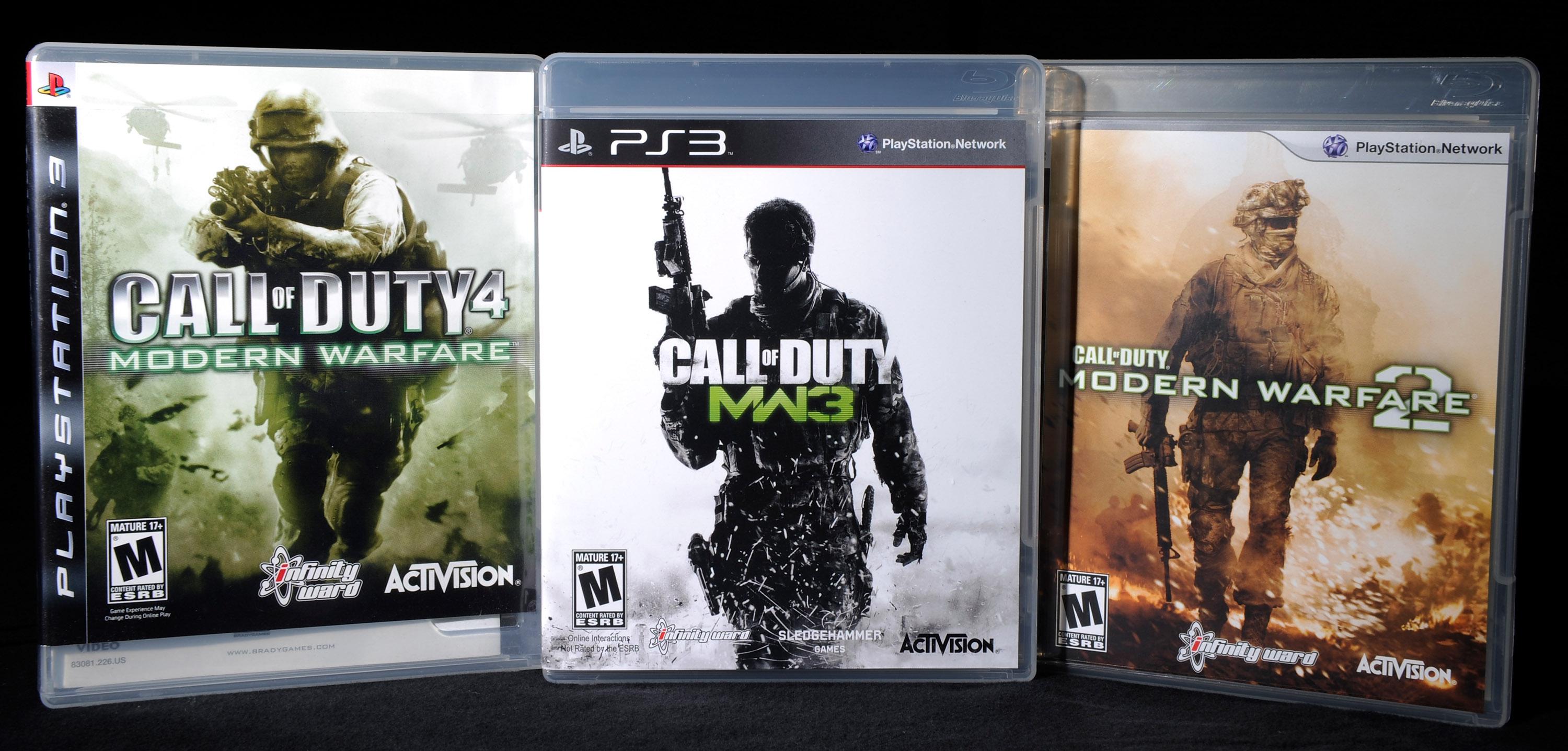Former Panamanian dictator and current prison inmate Manuel Noriega is a very famous and very terrible person. Under settled American law, this qualifies him for trenchant, pungent, vigorous public criticism. The makers of the video game Call of Duty: Black Ops II engaged in such criticism. And now Noriega is suing them for their efforts.
Welcome to the weird new world of First Amendment law: the intersection between video games and free speech. In 2011, the Supreme Court ruled that video games, even ultraviolent ones, are a form of speech that qualify for robust First Amendment protections. The decision was a massive victory for the industry, but video game makers are facing another speech-related attack: They’re being sued for parodying famous people—a potentially far more insidious form of censorship.
Because parody of public figures—even sophomoric, vulgar parody— is thoroughly protected by the First Amendment, you might think these lawsuits have hopeless. But Noriega has found a clever workaround to his free speech problem: He’s suing the makers of Call of Duty not for libel, but for “blatant misuse, unlawful exploitation and misappropriation for economic gain.” Noriega, in other words, isn’t claiming that Call of Duty defamed him: He’s claiming the game used his image without his permission, thereby depriving him of all the money he could have received by instead selling the rights to his image.
Lawsuits like this one, usually called “use of likeness” or “right to publicity” claims, have a long and checkered history in celebrity-obsessed America. Because superstars get paid astonishing sums of money to endorse certain brands, they have a strong incentive to police their image, suing any company that uses their face to sell a product without paying them. In one famous case, Johnny Carson’s estate won an injunction against a company called “Here’s Johnny Portable Toilets,” arguing that the company illegally appropriated the dead host’s persona to sell its product. In another, Vanna White successfully sued Samsung for including a wigged robot on a Wheel of Fortune-type set in an advertisement without her permission.
But in retrospect, the White case was one of the last gasps of an old legal regime—thanks in large part to Judge Alex Kozinski’s famous dissent. “I can’t see,” Kozinski wrote, “how giving White the power to keep others from evoking her image in the public’s mind can be squared with the First Amendment. Where does White get this right to control our thoughts?” Although Kozinski was then in dissent, his view has become widely accepted in the legal world, staunching the flow of “use of likeness” claims and curbing celebrities’ zeal to take advertisers and artists to court. (Well, most celebrities.)
Where does all of this leave Noriega’s suit? Stillborn, most likely. Call of Duty isn’t a company using Noriega’s image solely to sell a product; it’s a work of art and a form of political commentary using Noriega’s image to satirize his character. Noriega couldn’t sue a filmmaker for depicting him in a movie. By the same principle, he surely can’t sue a video game for placing him in a storyline. After spending six years controlling the country of Panama, Noriega is now attempting to control how Americans get to see and think about him. Don’t expect the courts to fall for it.
